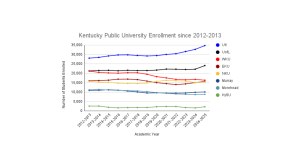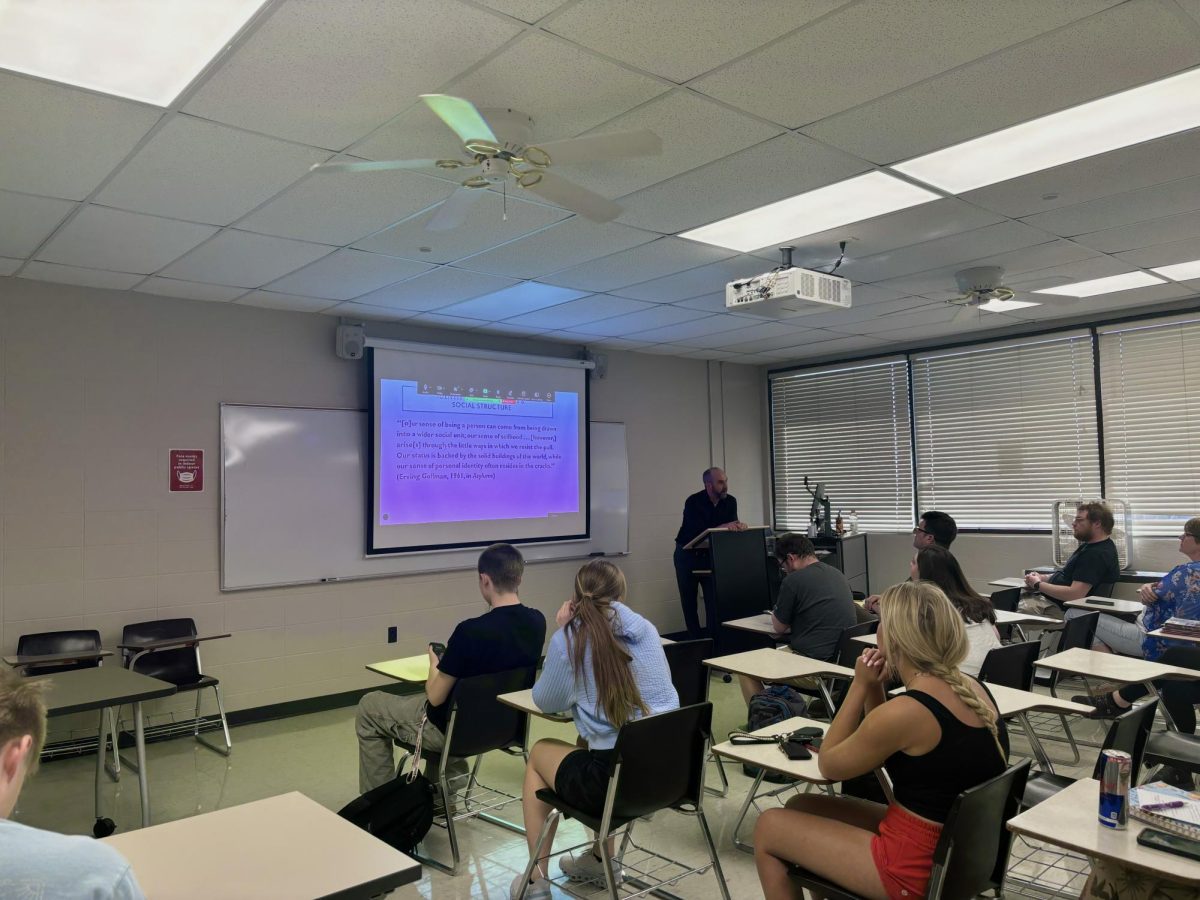ISEC hosts conversation about student health
November 16, 2017
The WKU division of student affairs hosted its latest session of T.R.U.T.H. Talks, a group discussion with the aim of promoting diversity and inclusion.
The T.R.U.T.H. Talks, which stands for True Racial Understanding Through Honest, was inspired by and named after the 2017 documentary “What the Health,” that follows flim-maker Kip Anderson “as he uncovers the secret to preventing and even reversing chronic diseases,” and investigates health organizations in America, according to the film’s website.
The discussion on Tuesday night focused on students’ dietary habits. The event was hosted by the executive director of the Intercultural Student Engagement Center, or ISEC, Martha Sales and the ISEC program coordinator Kristina Gamble.
“So when we begin to tell the truth and talk about ‘What the Health,’ even something as simple as what we eat has the ability to divide,” Sales said after addressing some stereotypes regarding how African-Americans tend to eat and debunking these ideas.
Sales later said students should take interest in different types of food and try new types instead of being judgmental and having preconceived notions.
Gamble opened the session with an ice breaker for students, having them draw and answer questions ranging anywhere from what their favorite food of all time is to what their thoughts on obesity in America were.
Gamble then played a short clip from “What the Health,” which showed doctors and other experts disproving the common belief of someone not being able to get enough protein because they are vegetarian.
Sales, who became a vegetarian after reading the book “Satan, I’m Taking Back My Health!” and has remained a vegetarian for 16 years, explained to students they do not need to cut anything completely out of their diet but instead should make sure their food intake is done in moderation.
Sales made the analogy of a person’s body being like a trash can inside his or her home and what would happen if someone rarely took out the garbage.
She explained pork can stay in the human body for up to 14 days, beef up to 10 days, chicken up to five and fish up to three, while fruits and vegetables remained in someone’s system for only 24 hours.
“I’m not telling you what to eat or what not to eat,” Sales said. “I’m telling you to know the value of your body and sometimes how you can assist yourself with feeling better and getting rid of things that might drag you down.”
Sales also said what people eat not only affects their physical health, but their emotional and mental health as well.
“So, not only does what we eat sometimes divide us, but it also separates us even internally because of how we feel,” Sales said.
Sales said planning what to eat throughout the week is a good way to eat healthier and can help someone persevere when it becomes difficult.
“It’s important to be considerate of what you’re eating,” Cincinnati, Ohio sophomore Darinda Reddick said after the session.
Reddick said she would try to go to the grocery store soon and buy healthier food, even though she does not have a car.
“If you want positive results for your body, I mean, it’s worth it,” Reddick said.
Reporter Cameron Coyle can be reached at 270-745-6011 and cameron.coyle803@topper.wku.edu.

















